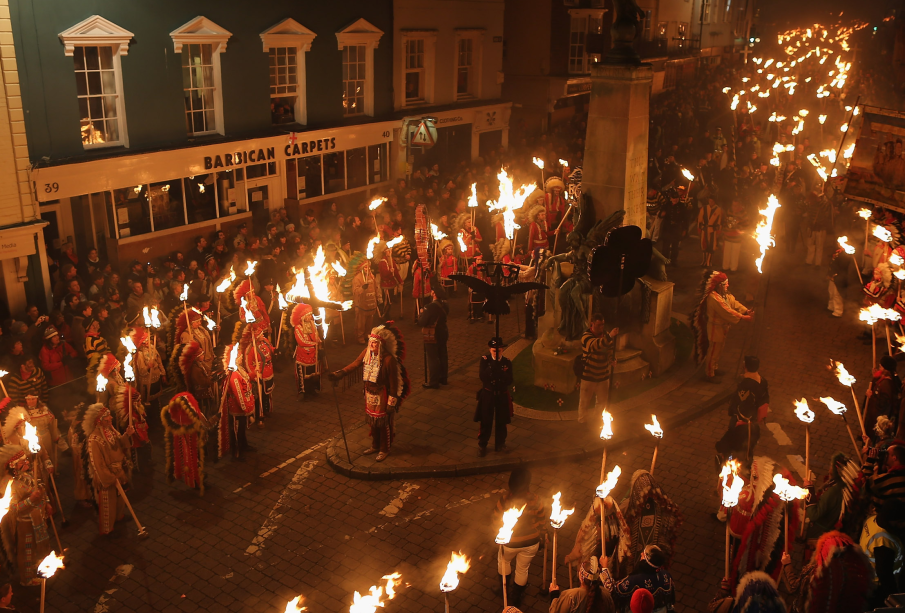Understanding the Tradition: Why Do We Celebrate Bonfire Night?

The Origins of Bonfire Night
Bonfire Night, also known as Guy Fawkes Night, is celebrated in the United Kingdom on November 5th each year. The occasion marks the thwarting of the Gunpowder Plot of 1605, where a group of English Catholics, including Guy Fawkes, attempted to blow up the Houses of Parliament and assassinate King James I. The plot was aimed at ending Protestant rule in England and restoring Catholic leadership, but it was uncovered before it could be executed.
Historical Significance
The failed assassination sparked significant public and governmental response. In an effort to commemorate the King’s survival, Londoners lit bonfires to celebrate. By 1606, the event had evolved into an annual public celebration, complete with fireworks, bonfires, and effigies of Guy Fawkes himself, which are burned to symbolize the failure of the plot.
Modern Celebrations
Today, Bonfire Night is marked by community events across the UK, featuring large bonfires, fireworks displays, food stalls, and entertainment. Many towns and cities organise public displays that draw crowds every year, fostering a sense of community and tradition. The event serves not just as a historical commemoration, but also as an opportunity for families and friends to gather and enjoy the festivities together.
Cultural Impact and Reflection
While primarily a British celebration, Bonfire Night has been adopted in other parts of the world, often taking on a local flavour. It reflects a significant moment in British history, serving as a reminder of political tensions, religious conflicts, and the power of unity against oppression. In recent years, there has been discussion around the need to reflect on the implications of the celebrations, considering the historical contexts they arise from, including themes surrounding violence and anti-Catholic sentiment.
Conclusion
In conclusion, Bonfire Night serves as a blend of historical reflection and communal celebration. It is important to understand the origins and implications of the festivities while continuing to celebrate the event in a way that fosters community spirit. As Bonfire Night approaches each year, it invites individuals to consider both the past and present, illuminating how history shapes our cultural identities.









